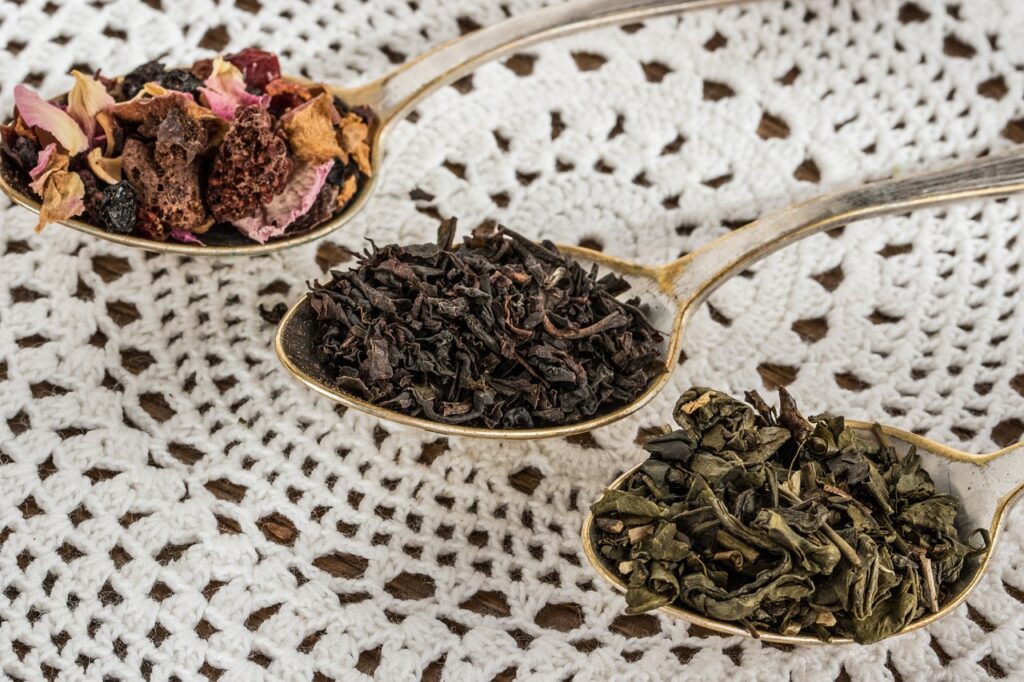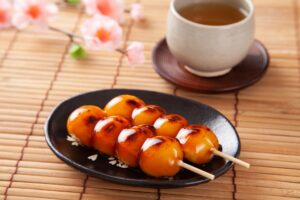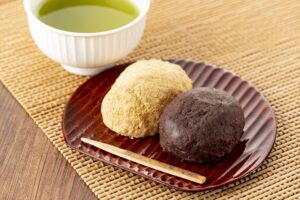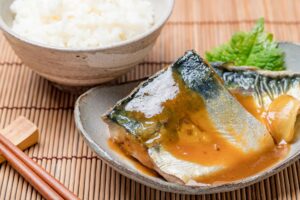This article delves into the rich world of Japanese black tea, covering its unique history, health benefits, and the best brewing techniques to bring out its distinct flavors. It also highlights the cultural significance and modern-day relevance of this traditional beverage.
What is Japanese Black Tea
Japanese black tea, known as “wakocha” in Japanese, is a lesser-known but culturally significant variant of tea from Japan. Unlike the more internationally renowned Japanese green tea, wakocha is fully oxidized, giving it a unique flavor profile distinct from other black teas around the world. Originating from various regions in Japan, each with its specific characteristics, Japanese black tea has a subtle, nuanced taste often described as milder and sweeter compared to other black teas.
History of Japanese Black Tea
The history of Japanese black tea dates back to the late 19th century during the Meiji Restoration when Japan began to open up to Western influences. The government encouraged tea farmers to produce black tea for export. However, the popularity of black tea within Japan remained limited due to the dominance of green tea. In recent years, there has been a resurgence in interest, driven by both domestic and international tea enthusiasts, who appreciate the unique qualities of Japanese black tea.
Types of Japanese Black Tea

Japanese black tea can be categorized based on the region it is grown and the specific cultivars used. Key varieties include:
- Benifuki: Known for its rich aroma and slight bitterness, often used in high-quality black teas.
- Yabukita: A cultivar primarily used for green tea but also adapted for black tea, offering a light and refreshing taste.
- Benihomare: One of the earliest black tea cultivars in Japan, known for its robust flavor and deep color. Each type of Japanese black tea offers a distinct tasting experience, influenced by the local climate, soil, and production methods.
Health Benefits of Japanese Black Tea
Japanese black tea is rich in antioxidants, which help combat oxidative stress and reduce the risk of chronic diseases. It contains catechins, theaflavins, and other polyphenols known for their anti-inflammatory and antimicrobial properties. Regular consumption of Japanese black tea can aid in improving heart health, enhancing mental alertness, and supporting weight management. Additionally, it has lower caffeine content compared to other black teas, making it a suitable option for those sensitive to caffeine.
How to Brew Japanese Black Tea

To brew the perfect cup of Japanese black tea, follow these steps:
- Measure the Tea: Use about 3 grams of tea leaves per cup.
- Heat the Water: Boil water and then let it cool to around 90°C (194°F).
- Steep the Leaves: Pour the water over the tea leaves and let it steep for 2-3 minutes.
- Strain and Serve: Strain the tea into a cup and enjoy its delicate flavors. Adjust the steeping time according to your taste preference for a stronger or milder brew.
Recipes Using Japanese Black Tea

Japanese black tea can be creatively incorporated into various recipes:
- Black Tea Chiffon Cake: A light, fluffy cake infused with the subtle flavors of Japanese black tea.
- Black Tea Latte: A creamy beverage made by blending brewed black tea with milk and sweeteners.
- Black Tea Rice: A savory dish where rice is cooked with black tea, adding a unique aroma and taste.
Japanese Black Tea Ceremonies
While not as widely practiced as green tea ceremonies, Japanese black tea ceremonies have their own charm and cultural significance. These ceremonies focus on the appreciation of the tea’s aroma and flavor, often held in a casual and intimate setting. The rituals emphasize mindfulness and the art of hospitality, aligning with the broader Japanese tea culture that values simplicity and tranquility.
Sustainability in Japanese Tea Production
Sustainability in tea production is gaining importance in Japan, with many producers adopting eco-friendly practices. These include organic farming methods, reducing pesticide use, and supporting biodiversity. By prioritizing sustainability, Japanese tea producers aim to protect the environment and ensure the long-term viability of their tea gardens, contributing to the preservation of their unique tea heritage.
By exploring the diverse aspects of Japanese black tea, from its rich history and health benefits to its brewing techniques and cultural significance, tea enthusiasts can gain a deeper appreciation for this unique and flavorful beverage.











